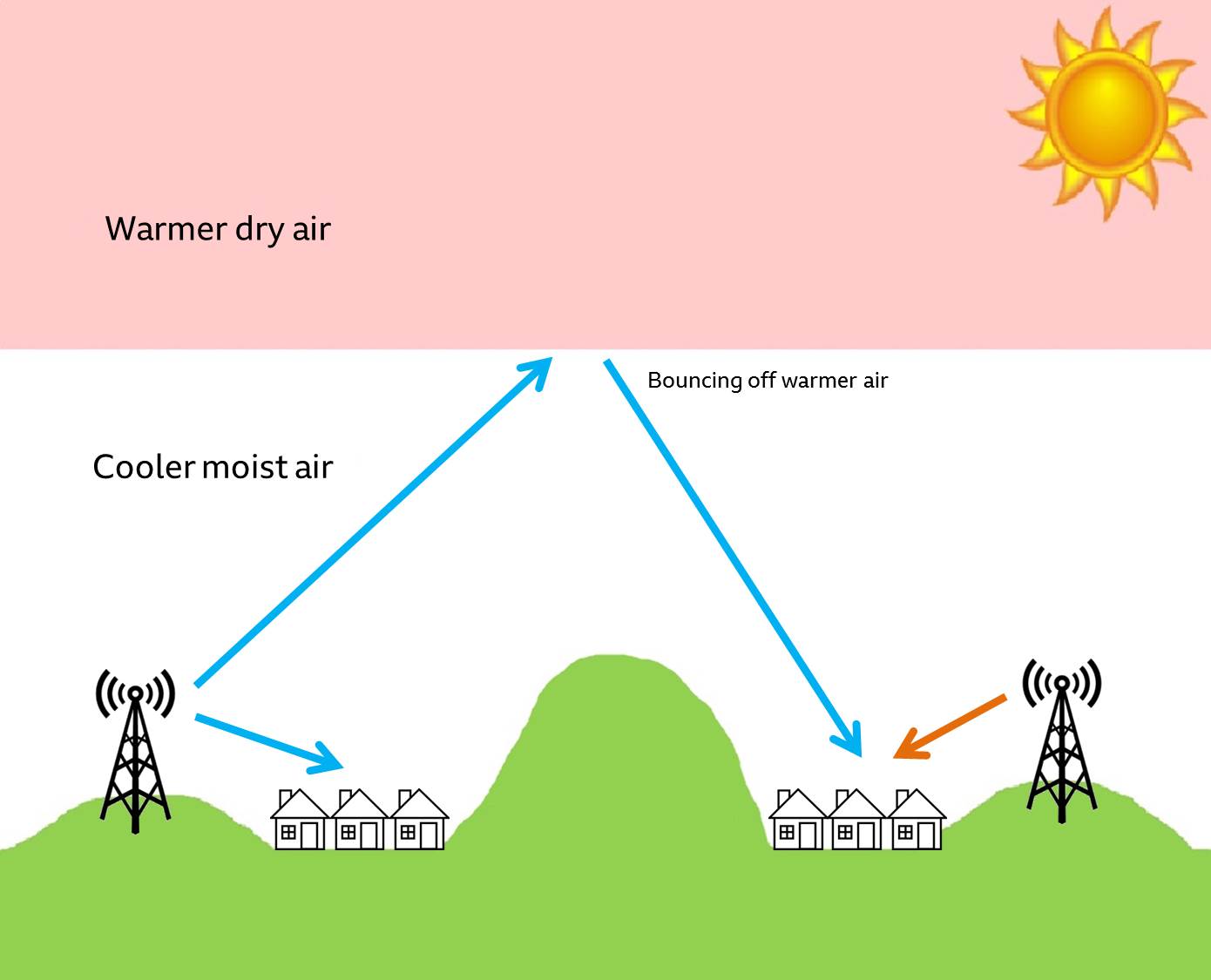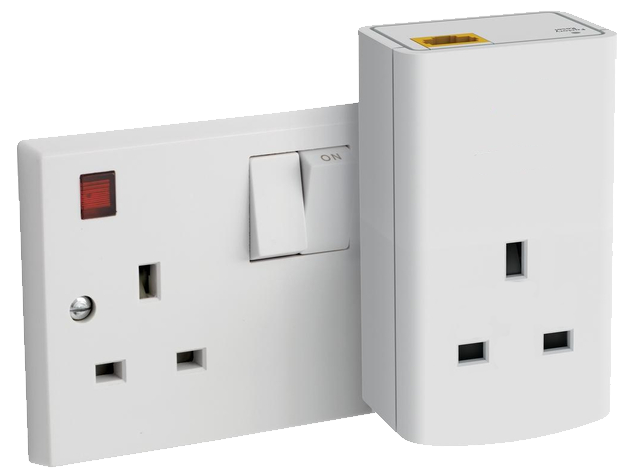What is the RTIS?
The Radio & Television Investigation Service (RTIS) is managed and operated by the BBC. We deal with interference to domestic radio and television for commercial and BBC services.
The RTIS will undertake an initial triage of your problem and if we believe it is due to interference, we can pass the case over to the regulator, Ofcom. At that point, Ofcom will deal directly with you and your issue.
However, the scope of our service is limited to the criteria set out by Ofcom below. We will not be able to refer cases to Ofcom if any of the below statements are true:
- Interference only affects reception on equipment using indoor aerials on both radio and television
- Interference only affects LW/MW (AM) services.
- Interference only affects non-broadcast services, for example, alarms, portable telephones, Wi-fi Systems, amateur radio users.
- Interference only affects non-domestic radio and television services, for example, shortwave radio services.
We should note that some interference is out of the scope of our service. That includes if you are in a dwelling which uses a communal aerial. For more information see our communal aerial help guide. Also, if you are having issues with Pirate radio stations, you will need to report them directly to Ofcom. Our Pirate radio help guide explains the process.
The investigation journey
We have provided a problem assistant diagnostic tool and help guides to help you diagnose your television or radio problem. From our experience, most cases of suspected interference are due to a reception problem.
The problem assistant tool will guide you through a diagnostic journey. You will be asked to complete the various steps to eliminate sources of local interference and to check your receiving equipment is working correctly. If the problem is determined to be a potential interference issue, you will be automatically referred to the RTIS for further investigation.
The RTIS team will triage the case and work with you in investigating and, where possible, in resolving, interference to domestic television and radio services. We seek to establish whether there is a genuine cause of interference rather than a problem with reception. However, the RTIS does not have the resources to send out engineers to check for faults or problems within your home.
If after the triage process the issue is thought to be genuine interference then we will refer the case to Ofcom as long as it fits the defined criteria above. Ofcom is a government body who regulates the spectrum used within the UK and has legal powers to stop any interference.
If the case is accepted by Ofcom and with your permission, we will transfer the case to Ofcom. At this point, Ofcom will contact you directly and manage the issue from that point forward and the RTIS will have no more involvement in the case.

